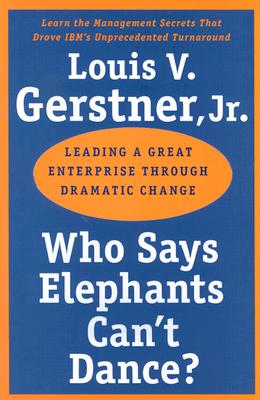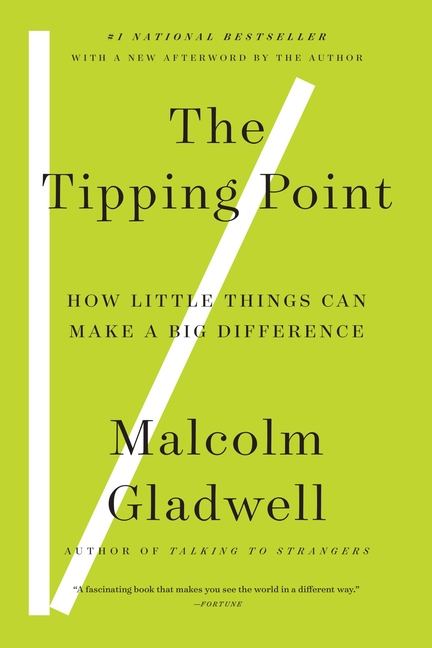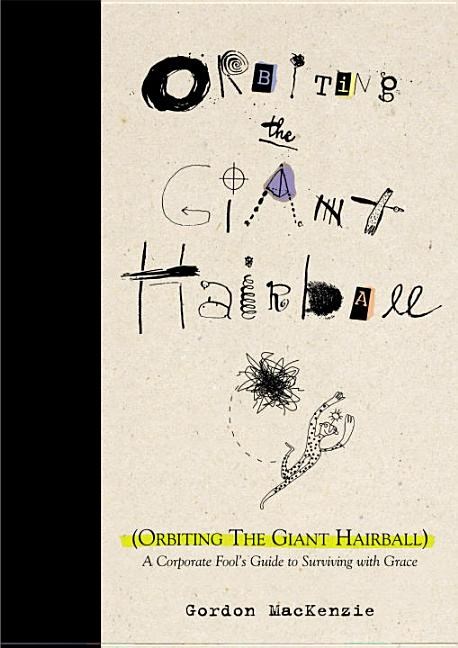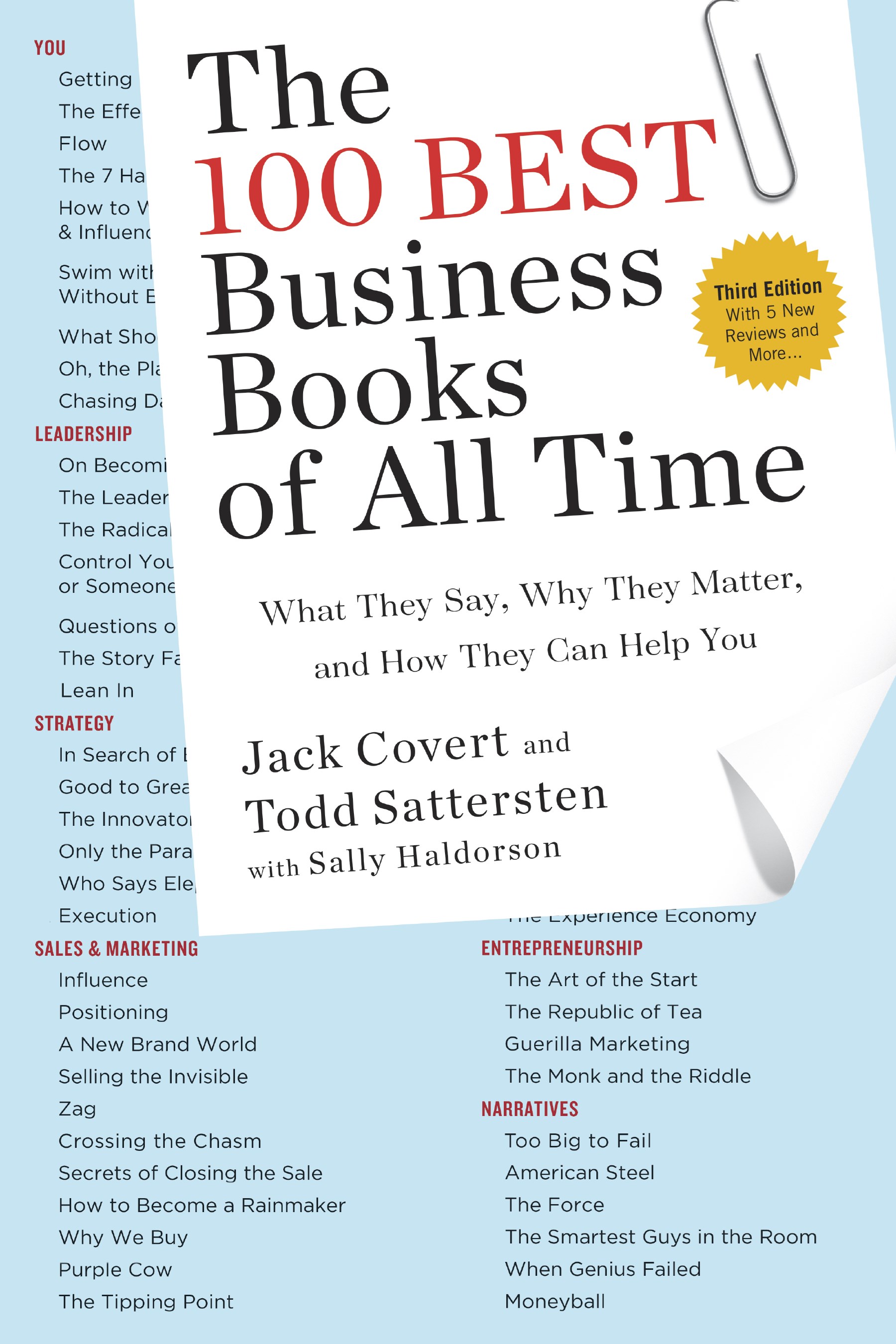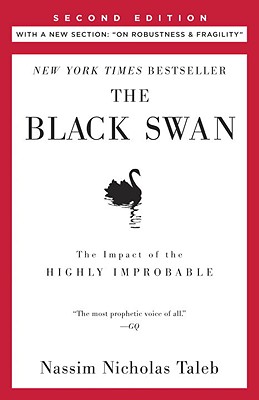Our Response to BusinessWeek
February 09, 2009
There are only a few people in the media who know business books as well as Jack and I. Hardy Green, an associate editor at BusinessWeek, is one of those people. We met with Hardy in New York two weeks ago and he quickly commenced with critiquing our selections for The 100 Best.
There are only a few people in the media who know business books as well as Jack and I. Hardy Green, an associate editor at BusinessWeek, is one of those people.
We met with Hardy in New York two weeks ago and he quickly commenced with critiquing our selections for The 100 Best. He has also written a great piece for BusinessWeek.com titled, "What Makes a 'Best' Business Book?" that captures his thoughts on the omissions and gaffes in the book.
The way we see it Green's argument is two-fold.
His first criticism is that we have overlooked too many histories and narratives; the most glaring omissions being Barbarians at the Gate by Burrough and Heylar and Liar's Poker by Michael Lewis. He points out the imbalance between the 21 books in the categories of biographies, narratives, and "big ideas" to the 29 management titles when he combines our strategy, leadership, and management chapters.
His second point is one of recency. He asks, "What about something like The House of Mondavi: The Rise and Fall of an American Wine Dynasty by Julia Flynn Siler (Gotham Books, 2007)? What about entries on Silicon Valley or the digital world, such as Planet Google: One Company's Audacious Plan to Organize Everything We Know by Randall Stross (Free Press, 2008)?," His preference for more current titles seems to speak to his perspective as an editor at weekly business magazine.
We love the work Green does for the business book category, but we obviously disagree.
First, he seems to overlook books we've included within other chapters when he tallies the count of narratives versus management manuals. Contained within our entrepreneurship chapter is the wonderful incubation story of The Republic of Tea . Or sitting squarely in the leadership chapter is the GE history Control Your Destiny Or Someone Else Will by Tichy and Sherman. Who Says Elephants Can't Dance? by former IBM CEO Lou Gerstner appears in our strategy chapter. The Tipping Point, Why We Buy, and Orbiting the Giant Hairball also all fulfill Green's hope for books promoting a more thoughtful synthesis of business.
In fact, we could provide Green with even more titles that could have been included if we were to have used his criteria. How about Father, Son, and Company by Thomas Watson Jr.? Or Charles Fishman's The Wal-Mart Effect? Or Typo, the wonderful and woeful tale of David Silverman's adventure trying to revive a typesetting company in rural Iowa. All would have been wonderful additions--and they are in the book. We recommended these and 292 other books as further reading at the end of the reviews and in sidebars sprinkled throughout the book.
In regards to his request for more current titles, Green surely knows publishing well enough to know that this book was finished almost a year ago, months before the current economic mess. If we were to update the book today, we would love to recommend the Michael Lewis edited compilation Panic to our readers. And we may have looked past some accessibility problems to suggest Nassim Nicholas Taleb and either his Fooled by Randomness or The Black Swan.
Many of the narratives Green would like to see more of have a short shelf-life given the speed as which the world moves. Do we still have the same interest in Ebay or Starbucks that we had a few years ago? We solved this problem by producing an online chapter of industry narratives for which the sidebar on page 262 is a jumping-off point. Barbarians at the Gate appears in this additional section along with Where The Suckers Moon, The Box, Oil on The Brain, and Better. We feel the selections show both ingenuity and recency and exist in an online form that is more easily updated.
All this leads to a bigger point: You can't solve all of the problems of business with 100 books. The scope and variety of challenges, both personal and organizational, require a larger inventory of titles. Of course, we needed to make tough decisions about what was included in The 100 Best and we'll be judged--by Hardy Green and others--on our taste and discernment, but the structure and format of the book clearly shows our hope that by reading our book you will be encouraged to read more business books.
Maybe, after reading the review of a book you are familiar with, you will read the additional books we recommend. Or maybe you'll choose your own adventure by following a 'Where To Next?', jump to a book you never expected...and read it. Or maybe you'll become so enraged that we have overlooked one of your favorites that you go back and read it again to ensure its position in your personal 100 Best. In any of these instances, our book will have accomplished its task.
If you are interested in continuing the disucssion, jump over to BusinessWeek and leave your thoughts with the others already there.


